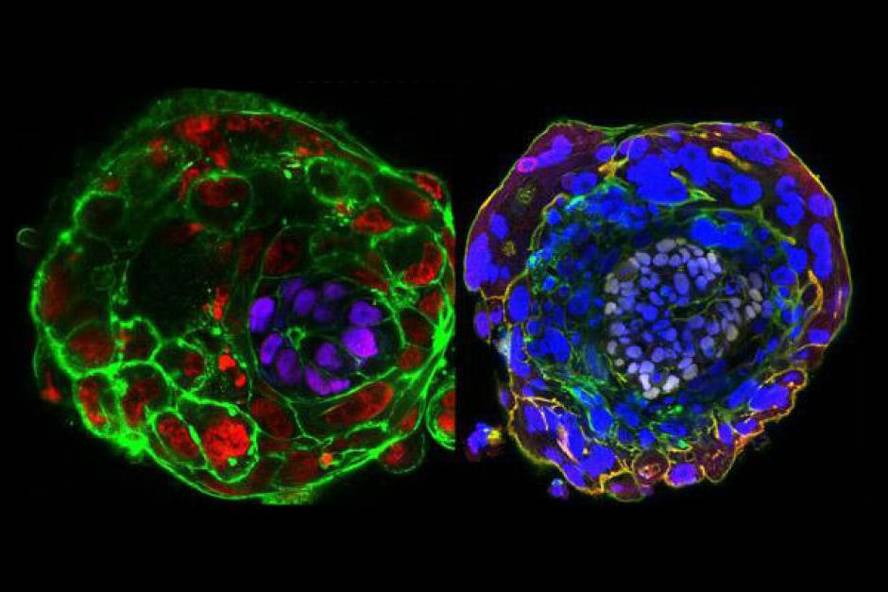For the first time in the laboratory human embryos of 13 days have been obtained

Taken to the limit of the law, scientists have cultivated human embryos for 13 days in the laboratory, as recently published Nature and Nature Cell Biology. Until now, it has been possible that outside the mother only developed for 7 days, and then it had to be applied in the maternal uterus so that the embryo progressed and developed.
This new method of embryo cultivation has been previously tested with the embryos of the mice, and now its use for the growth of human embryos has meant a great advance. Scientists have been able to carry out a thorough follow-up of human embryo development. Its follow-up has been almost then, which has provided information on one of the most unknown and relevant phases in the development of embryos: how embryos are developed and reorganized in the blastular phase. From 7 days all the cells are no longer identical and begin to differ. The closure of some genes and the expression of others make each cell already have detailed information about its position. According to the researchers, if they have been organized in a simple laboratory box, it has been shown that they have a huge capacity for self-organization, superior to what was expected so far.
In addition, it has been shown how they are associated with the uterus. In fact, from the 7th day of development, human embryos begin to associate with the maternal uterus. They take the wall of the uterus and thus get the nutrients and oxygen you need from your mother. In the embryos that have had for 13 days in the laboratory, it has been possible to integrate them into an artificial substrate. Thus, research has shown how cells are organized in human embryos after their introduction. The impossible research process has now been exposed.
In fact, this incorporation is the key process in assisted fertilisation, since many embryos do not advance because they are not associated with the maternal uterus.According to scientists, if human embryos could grow a few more days in the laboratory, additional information would be obtained. “A longer culture would provide us with absolutely critical information on the development of human embryos”, said the researcher at the University of Cambridge, Magdalena Zernicka-Goetz. “But this would pose a new question: where do we put the next limit?”
In fact, the law has a strict limitation: embryos cannot be developed in the laboratory for more than 14 days. So far, researchers have been very difficult technically to overcome this limit, but new research has put this limit into question. They make it clear, however, that the research itself is carried out with all the ethical guarantees. They underline that before any change in the Law occurs, it would have to be a profound debate in this regard and that, being aware of the ethical concerns it can generate, it is necessary to give the word to scientists, politicians, citizens and patients with sterility problems.





